Global Health Multistakeholder Dialogue: From Hiroshima to Puglia
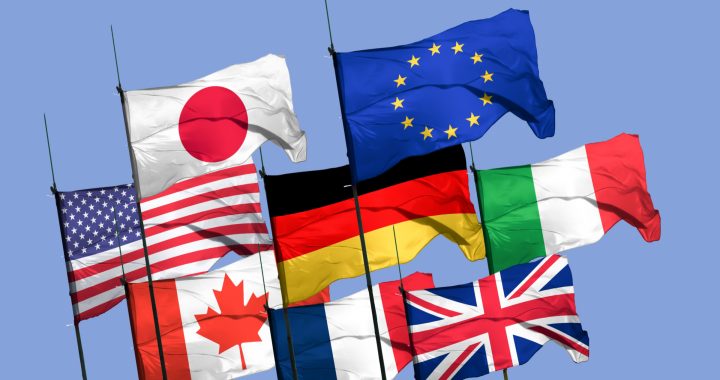
JCIE has organized the “Global Health Multistakeholder Dialogue: From Hiroshima to Puglia” n order to deepen discussions on the Hiroshima G7 commitments, offer advice on key topics to be addressed, and build momentum toward the implementation of those commitments,
Global Health Governance Study Group

Working in collaboration with the Tokyo University Institute for Future Initiatives (IFI), JCIE conducted a one-year research project on global health governance, focusing on the theme of “The International Order and Japan’s Role in the COVID and Post-COVID Era.” The objective of the study group was to provide analyses on global and regional health governance systems and structures and to offer concrete recommendations about the role Japan should play in the field of global health.
Trilateral Commission
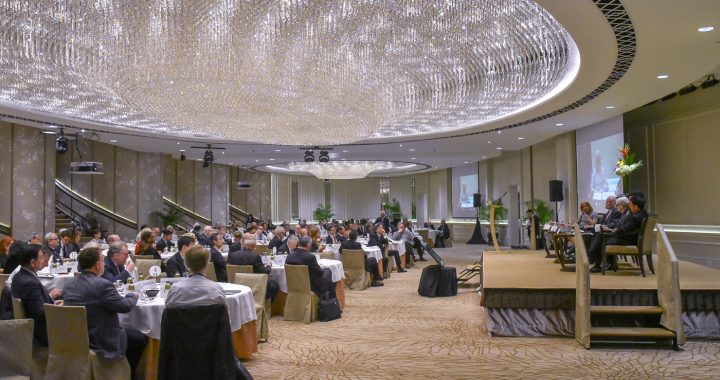
Founded in 1973, the Trilateral Commission is a nongovernmental forum of leading private citizens from Europe, North America, and Japan (now including all of Asia Pacific) that aims to promote mutual understanding and closer cooperation on common problems facing these three major democratic, industrialized regions of the world.
Japan–South Korea Immigration Policy Exchange Program
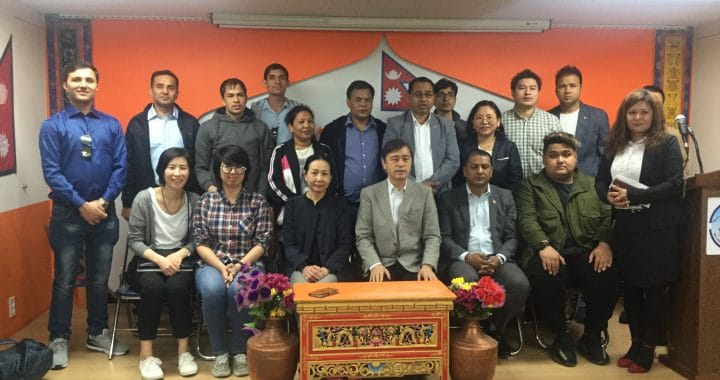
Japan and South Korea are facing rapid increases in immigration, leading to the development of more multicultural and multiethnic societies. In November 2017, JCIE began a two-year program aiming to facilitate the exchange of opinions on societal and governmental policy proposals to empower immigrants living in both countries.
Japan’s Democracy: Lessons and Reflections
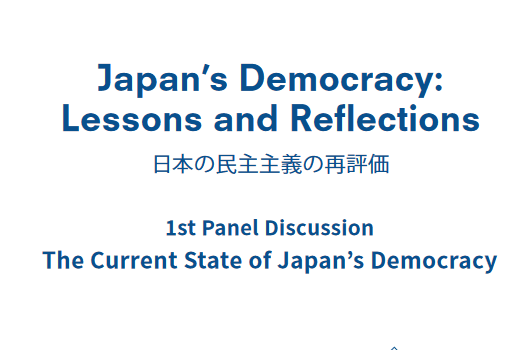
Japan’s Democracy: Lessons and Reflections 2021–2022 As part of our program on Expanding Support for Democratic Governance, JCIE launched a project on “Japan’s Democracy: Lessons and Reflections.” Led by Dr. Harukata Takenaka, Professor at the Graduate Institute for Policy Studies (GRIPS), the project facilitated three discussions among leading Japanese scholars and practitioners to reflect on Japan’s […]
Survey on Multiculturalism and Accepting Foreigners

JCIE conducted a survey of local Japanese governments as part of the Population Decline and a Vision for Accepting Foreigners into Japan Project.
Diet Women’s Study Group
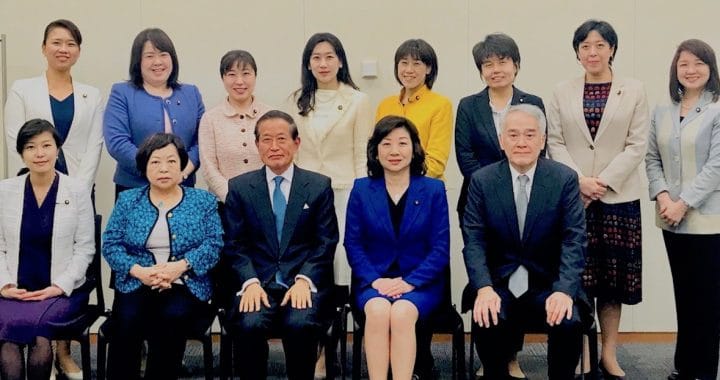
In 2019, as part of its program on Empowering Women Leaders, JCIE launched a nonpartisan Diet study group to deepen women legislators’ understanding of critical policy challenges. In the initial year, 13 Diet members, chaired by Representative Seiko Noda, are meeting seven times through March 2020, once every month or two, for discussions with leading experts from Japan and abroad.
NGOs as Strategic Partners
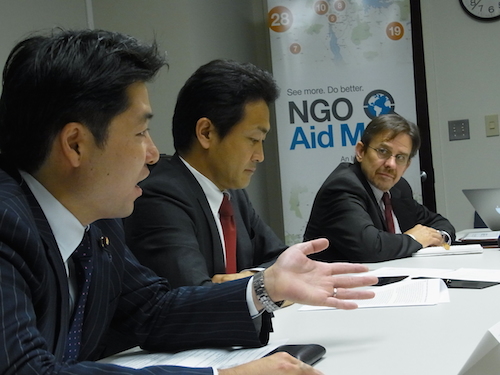
JCIE conducted a series of studies and exchanges to examine the lessons that Japanese NGOs can draw from the US experience to expand their capacity and better engage in partnerships. As part of this project, a delegation of Japanese NGO leaders visited Washington DC for meetings with NGO leaders, government officials, and policy experts, and a major conference was held at the National Diet of Japan to discuss ways to strengthen NGO capacity.
US-Japan Journalism Fellowship
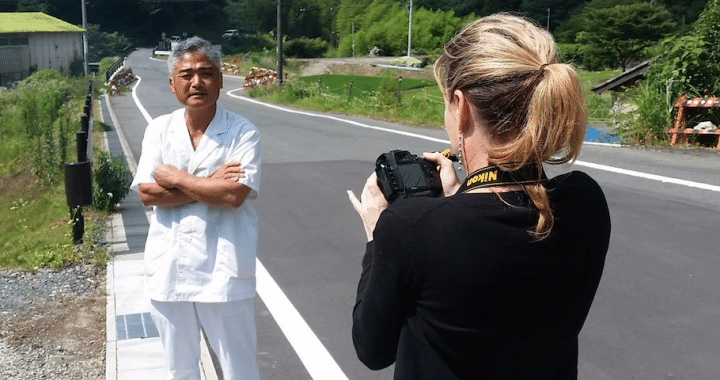
JCIE’s US-Japan Journalism Fellowship brings American journalists to Japan to gain a deeper understanding of Japanese policymaking and the dynamics of US-Japan relations.
Sustainable Aid Systems for Foreign Residents in Japan (SAFOR)
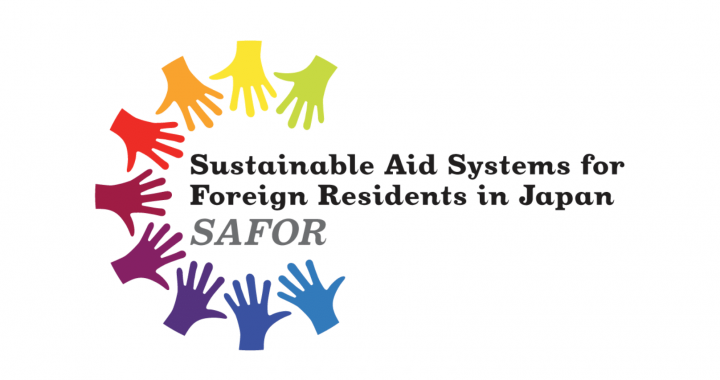
JCIE has launched the Sustainable Aid Systems for Foreign Residents in Japan (SAFOR) Project in cooperation with Japan Platform to provide ongoing humanitarian assistance to foreign residents in need in Japan.
